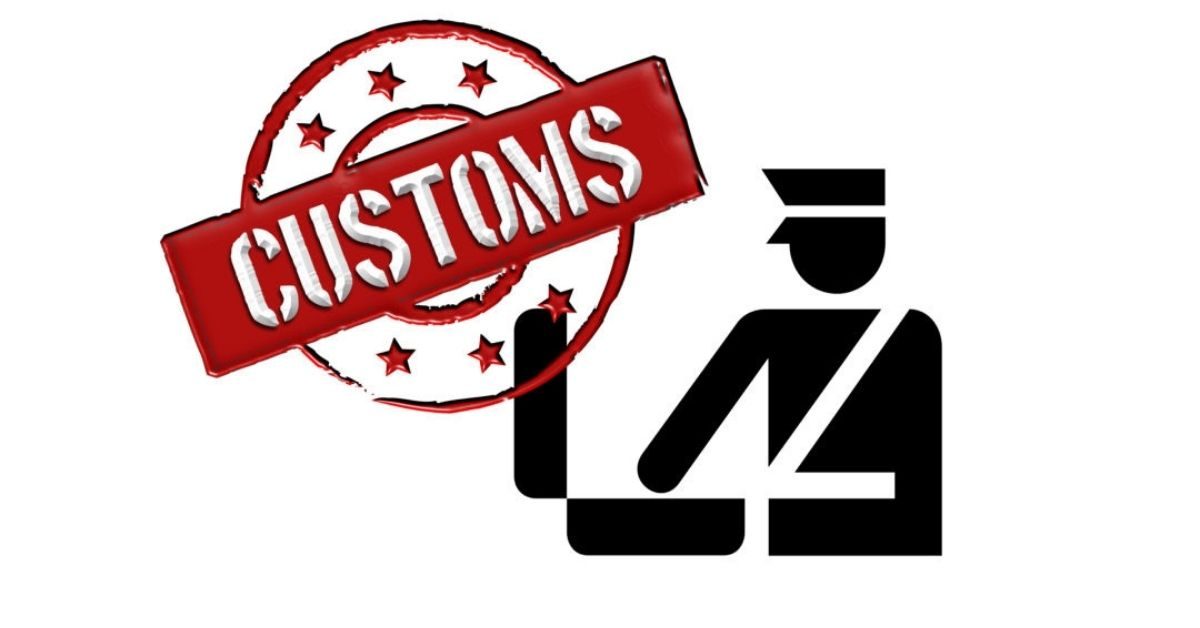Granting transit facilities to neighbouring countries, many tend to believe, without ensuring the necessary infrastructures, is like putting the cart before the horse. Transiting goods smoothly to and from any neighbouring country, be it India or Nepal or Bhutan, is only possible when the ports, both land and sea, are efficient and roads and highways are capable of withstanding the extra loads. The seaports are claimed to be ready, but how much ready will not be known before transit and transhipment become operational.
One of the important elements of transit and transhipment and tax revenue mobilisation is the facilitation of trade through ports without hassles. The National Board of Revenue (NBR) has decided to do its part. It has prepared a Tk20 billion project to strengthen the capacity of customs and VAT (value-added tax) administration. The government would seek foreign funds to bankroll the proposed project that aims at strengthening the pool of skilled manpower at the NBR, building advanced infrastructures and logistics and ensuring foolproof security in the case of transhipment of goods.
Bangladesh’s external trade has been growing, in terms of both value and volume following trade liberalisation. In the event of signing free or preferential trade agreements, it would get a further boost. The existing infrastructure, logistics and skill level of the tax officials manning the customs and VAT outlets at sea or land ports are not up to the requirement. The inadequacy often leads to breach of security, VAT or duty evasion and delay in the delivery or shipment of goods. Businesses also often make complaints about delays and harassment. Moreover, the VAT and Customs houses located in the country’s land and seaports are not adequately equipped with sophisticated equipment and gadgets that are in use in similar facilities in other countries. If not seaports, most land ports are said to be grossly deficient in both efficient manpower and equipment. Some even do not have enough storage facilities. Many land ports are also underutilised.
When India, in particular, will start using Bangladesh ports for transhipment and transiting a substantial volume of goods to and from its north-eastern part, not port authorities alone will have to do extra work for handling those properly. The customs and VAT offices, in addition to realising fees against the use of Bangladesh facilities, will also have to ensure non-intrusive inspection and regular surveillance of goods being transported through the Bangladesh territory. Under the proposed project, infrastructures of 17 customs and VAT commissionerate offices will be developed to facilitate business smoothly. There is also a target to impart training to some 650 officials of different levels to enable them to serve the clients better and help mobilise tax revenue in greater volumes. At the moment, a few more trade facilitation projects are under execution. The proposed one will supplement those. What will, however, be more important is the reformation of the entire tax administration to help meet the need of the time and contribute to the efforts for raising the country’s tax-GDP ratio —one of the lowest in the world.







